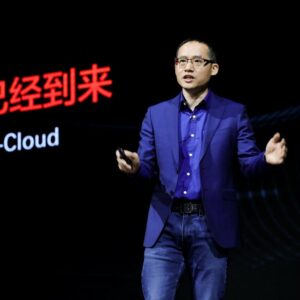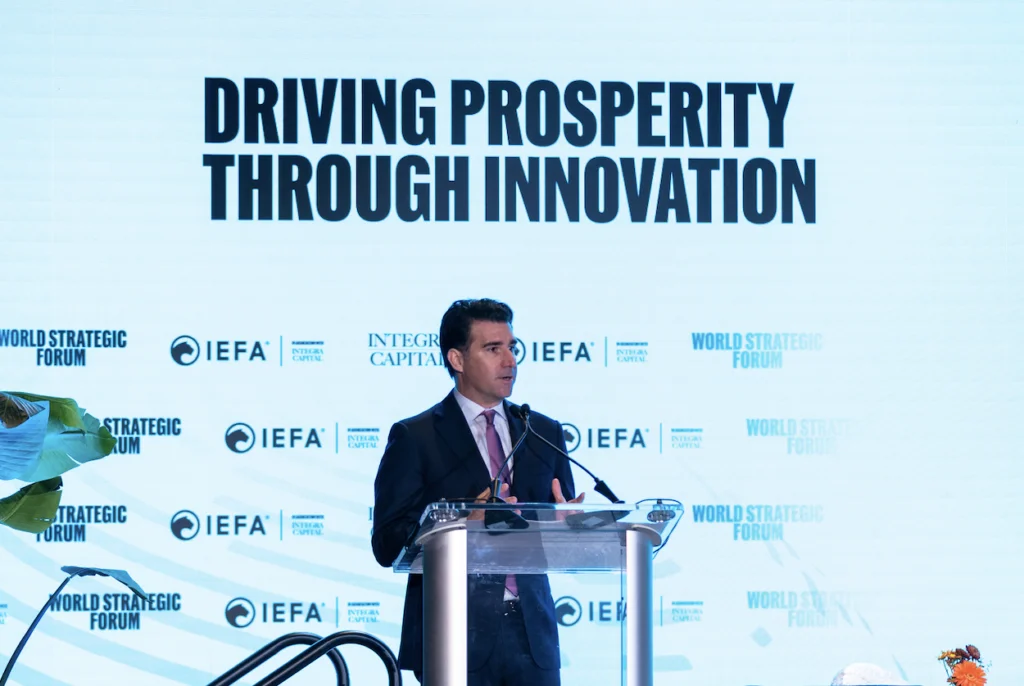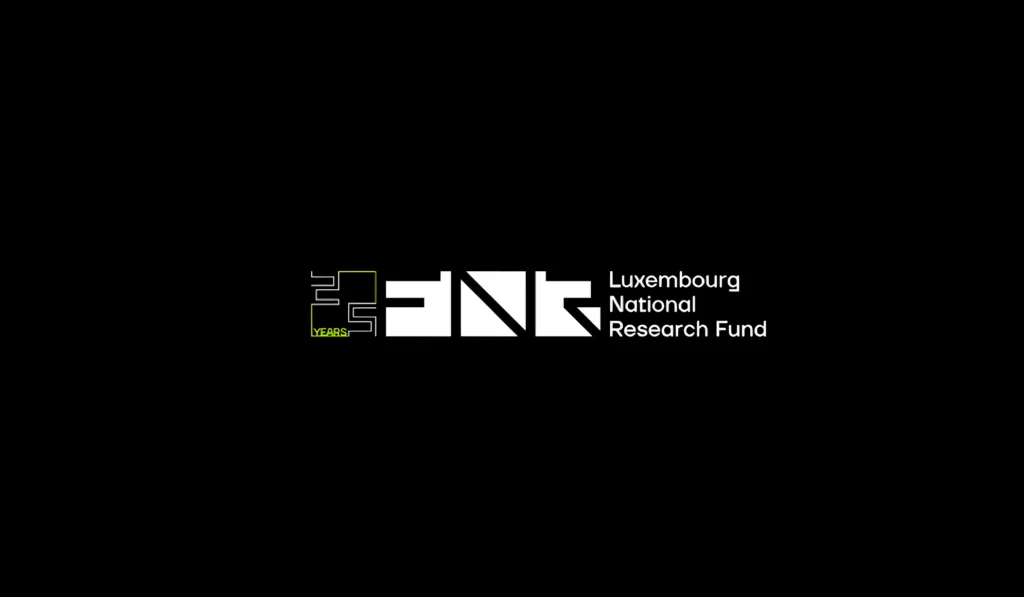
As quantum computing enters a critical period, there may be no turning back from the quantum computing revolution, according to one of Alibaba’s technology visionary.
Jeff Zhang, head of Alibaba DAMO Academy and president of Alibaba Cloud Intelligence, said that he expects more investment in quantum technology and said he believes that researchers will focus on challenges that once stood in the way of quantum computer adoption, according to a piece in the Tech Observer.
Competition will drive most of this momentum.

“In 2020, the field of quantum computing will receive increasing investment, which comes with enhanced competitions,” said Zhang.

While the development of quantum computing has seemed to be piecemeal and a bit clunky, he expects that to change.
“The field is also expected to experience a speed-up in industrialization and the gradual formation of an eco-system,” he said.
According to Zhang, advances in the creation of quantum computers that can operate in noisy environments and showing the world the power of these devices will be critical for further development of the quantum field in general.
“In the coming years, the next milestones will be the realization of fault-tolerant quantum computing and the demonstration of quantum advantages in real-world problems,” he said. “Either is of a great challenge given the present knowledge. Quantum computing is entering a critical period.”
2019’s Watershed Moment
The drive for quantum computing probably kicked off in earnest in 2019 with Google’s announcement of its quantum supremacy achievement, according to Zhang.
“In 2019, the race in reaching “Quantum Supremacy” brought the focus back to quantum computing,” said Zhang. “The demonstration, using superconducting circuits, boosts the overall confidence on superconducting quantum computing for the realization of a large-scale quantum computer.”
Quantum computing will not grow in a vacuum, the tech leader pointed out. He expects more — many more — technologies to grow along with quantum computing in the next decade.
He said new developments in materials research will lead to “new logic, storage, and interconnection devices.”
“For example, topological insulators, two-dimensional superconducting materials, etc. that can achieve lossless transport of electron and spin can become the basis for new high-performance logic and interconnect devices; while new magnetic materials and new resistive switching materials can realize high-performance magnetics Memory such as SOT-MRAM and resistive memory,” Zhang said.
AI: Cognitive Intelligence
Artificial intelligence will go beyond besting humans in several feats that require perceptual intelligence — something that it has achieved, according to Zhang — and take steps toward cognitive intelligence.
“Cognitive intelligence will draw inspiration from cognitive psychology, brain science, and human social history, combined with techniques such as cross domain knowledge graph, causality inference, and continuous learning to establish effective mechanisms for stable acquisition and expression of knowledge,” said Zhang. “These make machines to understand and utilize knowledge, achieving key breakthroughs from perceptual intelligence to cognitive intelligence.”
Zhang also said that the Internet of Things and blockchain — technologies that have long been predicted to cause revolutions in the tech world and real world — will begin to make their mark in the upcoming months and years. 5G technology will drive much of this, he added.
“Traditional single intelligence cannot meet the real-time perception and decision of large-scale intelligent devices,” said Zhang. “The development of collaborative sensing technology of Internet of things and 5G communication technology will realize the collaboration among multiple agents — machines cooperate with each other and compete with each other to complete the target tasks.”















